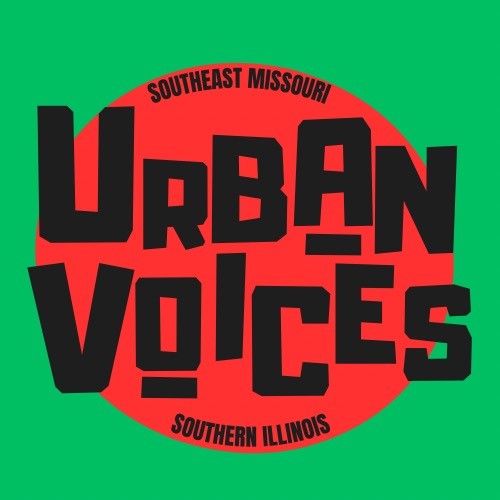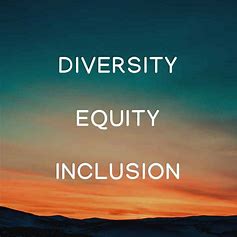In a sweeping political move, President Donald Trump has reignited the battle against Diversity, Equity, and Inclusion (DEI) initiatives, marking a critical juncture for civil rights in America. His administration’s aggressive dismantling of DEI programs has raised concerns about the future of workplace diversity, access to opportunities, and racial equity.
From the outset of his second term, Trump has pursued an all-out war on DEI, issuing executive orders to eliminate federal programs, pressure private businesses, and scrutinize corporate policies. His administration claims these initiatives promote “reverse discrimination,” while critics argue that dismantling DEI is an attack on fairness and inclusion, rolling back hard-won gains for marginalized communities, particularly African Americans.
The Role of DEI in Advancing Equity
At its core, DEI represents efforts to create workplaces and institutions that reflect America’s diversity, ensuring fair access to jobs, education, and leadership opportunities. Supporters argue that DEI programs are essential in breaking systemic barriers and fostering innovation by tapping into a broader range of perspectives.
For Black professionals, DEI initiatives have opened doors that were historically closed. These programs have led to increased representation in executive leadership, expanded recruitment pipelines, and created environments that acknowledge and address racial biases. The evidence is clear: between 2020 and 2022, the number of Black executives in major U.S. companies grew significantly. However, with the rise of the DEI backlash, that progress is already being reversed.
A Manufactured Crisis?
Opponents of DEI, including conservative think tanks and activists, argue that these programs impose racial quotas and prioritize identity over merit. This framing has been used to challenge affirmative action policies, culminating in the Supreme Court’s 2023 ruling against race-conscious college admissions. Since then, legal challenges and political pressure have forced corporations and government agencies to scale back diversity efforts.
The Trump administration has positioned “merit” as the new gold standard, portraying DEI as a mechanism that undermines fair competition. However, this stance ignores the reality that without proactive measures, systemic inequalities persist, and opportunities remain concentrated among historically privileged groups. The myth of a pure meritocracy overlooks the structural barriers that have long disadvantaged African Americans and other marginalized communities.
The Impact on Black Communities
The rollback of DEI is not just a political maneuver—it has real and lasting consequences for Black professionals, students, and entrepreneurs. Without diversity initiatives, hiring and promotion biases go unchecked, limiting upward mobility. Programs designed to support Black-owned businesses, minority scholarships, and equitable workplace policies are now at risk of being defunded or dismantled.
Furthermore, Trump’s directives extend beyond employment. Federal agencies have been instructed to investigate companies that maintain DEI commitments, sending a chilling message to businesses striving for inclusion. Some corporations, wary of political and legal backlash, have already scaled back their diversity programs. This regression threatens to undo decades of progress in narrowing racial disparities in wealth, education, and leadership.
The Future of DEI
While opponents of DEI celebrate its perceived downfall, the principles of diversity and inclusion remain deeply embedded in American institutions. Many corporations recognize that diverse workforces drive innovation, improve profitability, and better reflect their customer base. Some companies are shifting away from the language of DEI but maintaining the substance of their initiatives under different labels, such as “Talent and Culture” or “Inclusion and Belonging.”
The battle over DEI is far from over. Black leaders, civil rights organizations, and corporate allies continue to push back against efforts to erase diversity policies. The broader question remains: Will America retreat into a past of exclusion, or will it uphold the ideals of equal opportunity and justice for all?
The fight for DEI is ultimately a fight for the American promise—a nation where talent and hard work, not race or background, determine one’s success. As this struggle unfolds, it will shape the landscape of civil rights and economic mobility for generations to come.


































